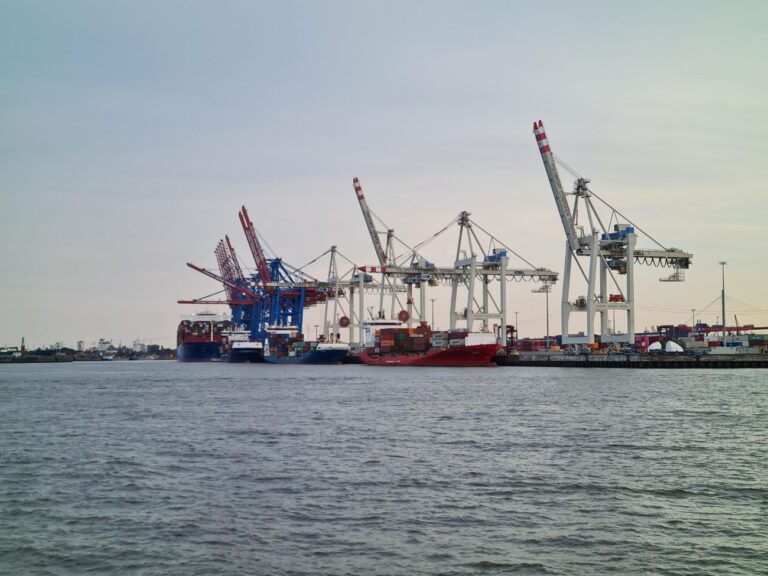UCL: Climate transition could hit South Korean, Chinese, and European shipping financiers hardest
European, Chinese and South Korean financiers have over half of their portfolio tied to oil and gas carriers that are most at risk of becoming stranded assets in the global rush to shift to a low-carbon energy system, a new report by UCL’s Energy Institute Shipping and Oceans Research Group suggests.

As the global economy moves toward decarbonization, the maritime transport industry is staring at the abyss of stranded assets, i.e., vessels that lose value before the end of their operational lives, UCL’s report said. Yet, little is known about who ultimately bears the financial risks or how they might ripple through shipowners, operators and their financiers should they materialize.
Per the study, unlike in the fossil fuel or power industries, where stranded-asset risks have been widely studied, shipping remains ‘opaque’, hampered by limited disclosure in vessel financing and the web of ownership as well as debt structures that mask who is ultimately exposed to danger.
“The gaps in data highlight an urgent need for much greater transparency in shipping finance. Whilst initiatives such as the Poseidon Principles have made an
Content Original Link:
" target="_blank">





































































